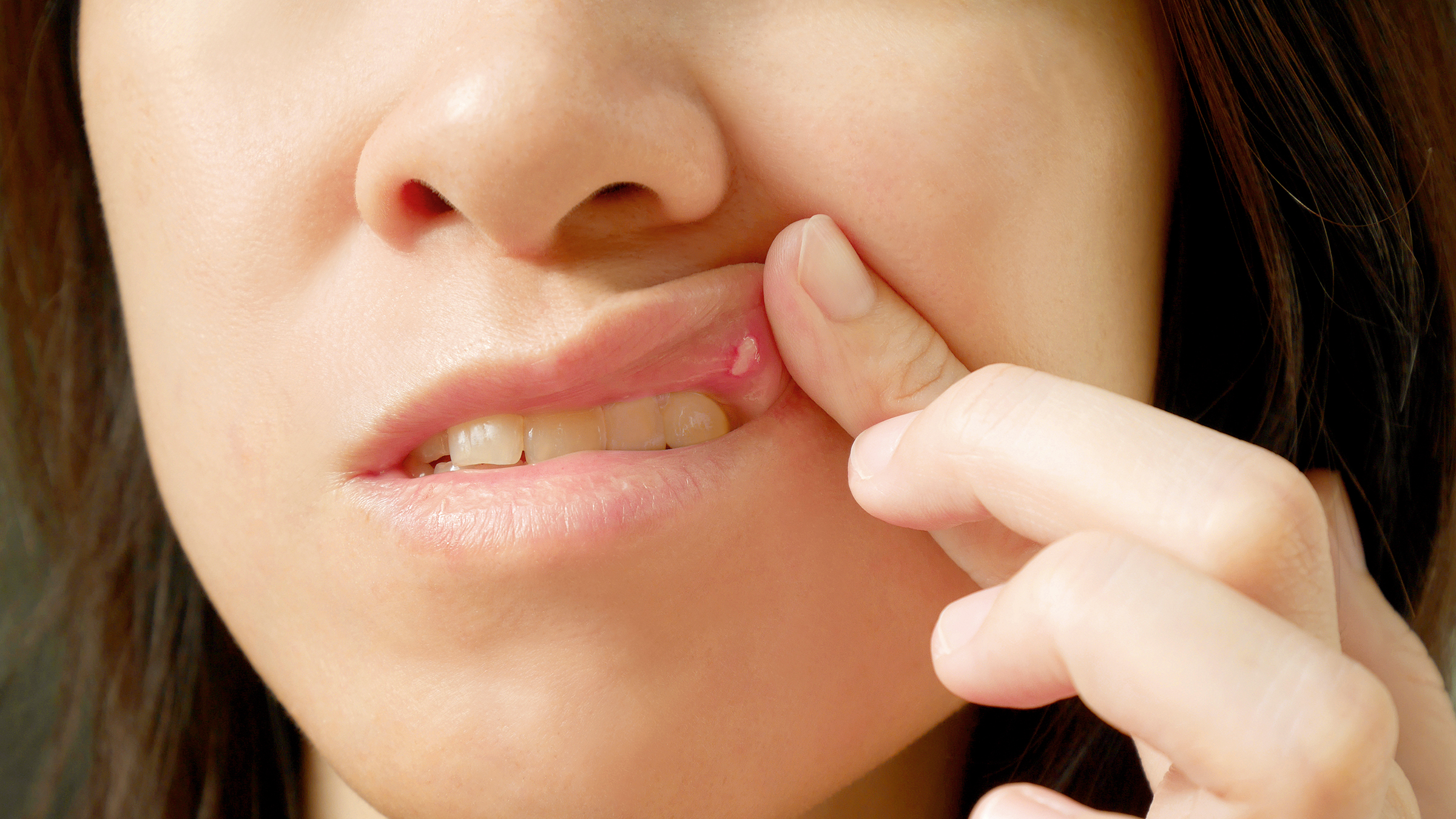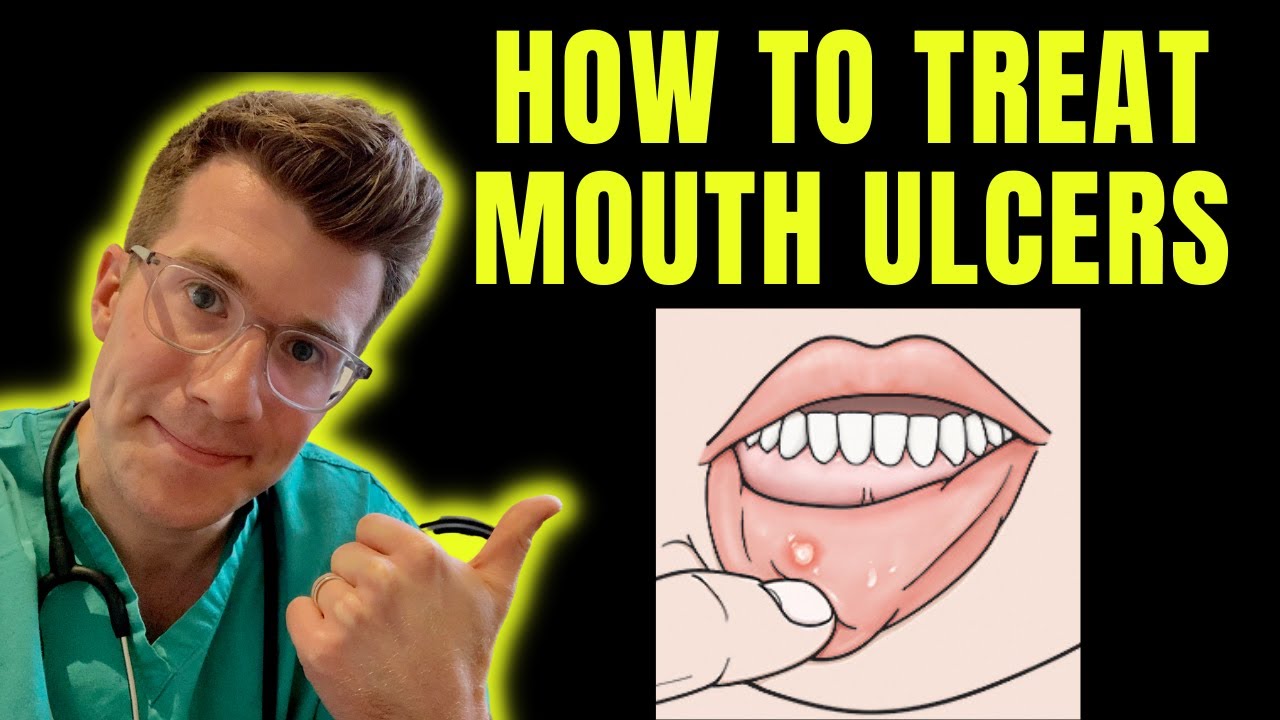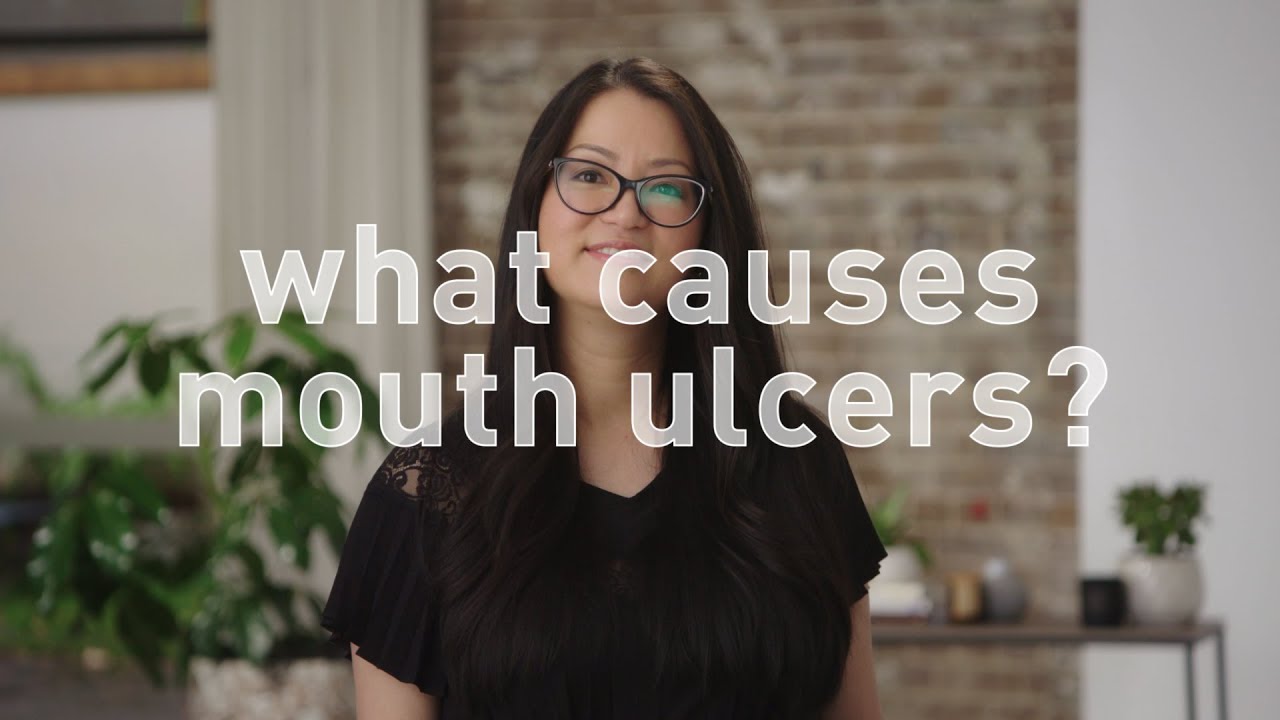Treatment For Mouth Ulcers - Simple Home Remedies
Mouth ulcer are large benign sore that appears inside the mouth or behind the tongue, sometimes they are also seen on cheeks, lips or at the base of the tongue. Although mouth ulcers are not deadly, they are extremely painful! These painful sores in the mouth hamper eating and chewing food, in this article we will discuss some simple home treatment for mouth ulcers.
Author:Suleman ShahReviewer:Han JuJan 24, 202371.6K Shares1.3M Views

Mouth ulcer are large benign sore that appears inside the mouth or behind the tongue, sometimes they are also seen on cheeks, lips or at the base of the tongue. Although mouth ulcersare not deadly, they are extremely painful!
These painful sores in the mouth hamper eating and chewing food, in this article we will discuss some simple home treatment for mouth ulcers.
Before moving into home remedies for mouth ulcer, we must first understand the reasons why people develop these painful canker sores.
Symptoms Of Mouth Ulcers
A mouth ulcer is something that will affect everyone at least once, if not multiple times. Ulcers in the mouth are painful and can be felt when eating, talking, or even brushing the teeth. The most prevalent regions are at the soft mouth lining, such as inside the cheeks, lips, on the side of the tongue, and some times in the palate areas.
Lip and mouth sores are typically round or elliptical. They are swollen and inflamed and can be various shades of white, yellow, grey, or red. Not to be confused with cold sores, which also manifest in the mouth and frequently begin with a tingling or burning feeling, fever blisters are not communicable and are easily distinguishable from these.
Common signs of a mouth ulcer are:
- Discomfort or sensitivity.
- There is at least one painful sore, and possibly more.
- Burning sensation caused by eating something salty, sour, or spicy.
- The area around the wounds swelled up.
- Trouble eating or cleaning one's teeth.

How to recognise and treat Mouth Ulcers (getting rid of canker sores) | Doctor O'Donovan explains...
Causes Of Mouth Ulcers
At least mouth ulcer will hit each of us unexpectedly and at some time in our lives. However, why do some people have sores in their mouths?
They can appear out of nowhere and, despite their diminutive stature, can cause a great deal of aggravation and distress. However, given the constant use of the mouth for eating, drinking, and talking, an ulcer can be extremely inconvenient and unpleasant.
Ulcers of the mouth can be caused by a number of different things, including but not limited to a slow-healing mouth wound, smoking, extremely hot food, and irritants in the mouth. Simple modifications in behavior can often eliminate risk factors for developing a single mouth ulcer.
These can range from being a little more thorough with our regular oral hygiene routine to being a little more patient when chewing meals to avoiding harsh foods like crisps.
Potential contributors to the development of a mouth ulcer are:
- The act of biting one's tongue or cheek while eating.
- Poorly fitted dentures.
- Broken teeth or fillings that are overly harsh.
- Sensitivity to oral hygiene products.
- Potential for injury from scalding drinks.
- Distress, worry, or exhaustion.
- Poor oral hygiene.
- Lack of essential nutrients, such as iron or vitamin B12.
- Alterations in hormone levels typical during pregnancy.
- Genetic inheritance.
- Ailments of the skin like Lichen Planus.
Home Remedy For Mouth Ulcer
A canker sore can be very uncomfortable if you currently have one. And so, what can you do about mouth ulcers at home? If you need a quick fix, all you have to do is step into your kitchen and take a look at the shelves. The following are some of the best ingredients for treating mouth sores at home.
Honey
Many people who have suffered from mouth ulcers testify to the effectiveness of honey as a natural cure. Honey is an effective moisturizer and antimicrobial.
If you suffer from mouth ulcers, try dabbing some honey on them until the discomfort subsides. If you have a mouth ulcer, honey can help heal it and stop more infections from setting up.
Coconut Oil
Coconut oil, which has been shown to have antibacterial characteristics, is a popular natural remedy for mouth ulcers, according to a number of studies. Additionally, it helps stop the spread of bacterial canker sores in the mouth as it heals existing ones.
Because of its anti-inflammatory characteristics, which also reduce redness and inflammation, coconut oil is widely regarded as the best home cure for mouth ulcer. Plus, this coconut oil has a classy flavor.

5 Effective Home Remedies For Mouth Ulcers
Turmeric
When it comes to home remedies for mouth ulcers, turmeric is among the best. It's as simple as applying a paste made from turmeric and water to the spot in question.
After a few minutes, you should rinse it off with water. The most effective home treatments for ulcers involve repeating the same action at least twice daily.
Aloe Vera
The many ways in which this succulent plant improves the quality of our skin are common knowledge. Naturally, you won't be shocked to learn that aloe vera is often regarded as the best natural treatment for mouth ulcers.
Ulcer discomfort can be alleviated immediately by extracting some fresh aloe vera gel and applying it to the affected area; this plant has a high concentration of antibacterial compounds.
Baking Soda
Canker sores can be treated at home with baking soda, which helps restore the mouth's natural pH balance and reduce inflammation. Stir a solution of baking soda and water around in your mouth for 60-70 seconds, then spit it out.
Garlic
The potent components in garlic, including Allicin, have been shown to alleviate pain and repair mouth ulcers, making garlic an effective treatment for mouth ulcer. You should rub a piece of garlic over the affected area for two to three minutes before rinsing your mouth with clean water.

What causes mouth ulcers? Experts explain
People Also Ask
Does Toothpaste Help Mouth Ulcer?
Mild toothpastes, especially delicate formulas like Zendium Classic Toothpaste, can help with canker sores. It's SLS-free and specially developed for sensitive teeth and mouths that are prone to irritation, such as those with ulcers or gum disease.
How Do You Treat Mouth Ulcers In One Day?
Gargling with saltwater helps dry up canker sores. Ulcers can be treated swiftly by dissolving one teaspoon of salt in half a cup of warm water and swishing the solution about the mouth for a few seconds several times a day.
How Do You Get Rid Of Mouth Ulcers Fast At Home?
Sodium bicarbonate (baking soda) is the most effective remedy for mouth ulcers due to its analgesic properties. Make a thick paste consisting of baking soda and water, and then apply it to the ulcer in your mouth. When the paste dries in your mouth, you can remove it by rinsing with water.
Conclusion
You may not be able to pinpoint the precise source of a newly developed mouth ulcer, but there are some likely culprits to consider. These considerations notwithstanding, there are a number of treatments for mouth ulcers that can help alleviate the pain and discomfort caused by the condition or stop it from getting worse.
You can lessen the likelihood of future mouth ulcers by making some simple adjustments, such as getting a new toothbrush, avoiding meals that are excessively rough or sharp, like toast or potato chips, and giving up chewing gum.

Suleman Shah
Author
Suleman Shah is a researcher and freelance writer. As a researcher, he has worked with MNS University of Agriculture, Multan (Pakistan) and Texas A & M University (USA). He regularly writes science articles and blogs for science news website immersse.com and open access publishers OA Publishing London and Scientific Times. He loves to keep himself updated on scientific developments and convert these developments into everyday language to update the readers about the developments in the scientific era. His primary research focus is Plant sciences, and he contributed to this field by publishing his research in scientific journals and presenting his work at many Conferences.
Shah graduated from the University of Agriculture Faisalabad (Pakistan) and started his professional carrier with Jaffer Agro Services and later with the Agriculture Department of the Government of Pakistan. His research interest compelled and attracted him to proceed with his carrier in Plant sciences research. So, he started his Ph.D. in Soil Science at MNS University of Agriculture Multan (Pakistan). Later, he started working as a visiting scholar with Texas A&M University (USA).
Shah’s experience with big Open Excess publishers like Springers, Frontiers, MDPI, etc., testified to his belief in Open Access as a barrier-removing mechanism between researchers and the readers of their research. Shah believes that Open Access is revolutionizing the publication process and benefitting research in all fields.

Han Ju
Reviewer
Hello! I'm Han Ju, the heart behind World Wide Journals. My life is a unique tapestry woven from the threads of news, spirituality, and science, enriched by melodies from my guitar. Raised amidst tales of the ancient and the arcane, I developed a keen eye for the stories that truly matter. Through my work, I seek to bridge the seen with the unseen, marrying the rigor of science with the depth of spirituality.
Each article at World Wide Journals is a piece of this ongoing quest, blending analysis with personal reflection. Whether exploring quantum frontiers or strumming chords under the stars, my aim is to inspire and provoke thought, inviting you into a world where every discovery is a note in the grand symphony of existence.
Welcome aboard this journey of insight and exploration, where curiosity leads and music guides.
Latest Articles
Popular Articles